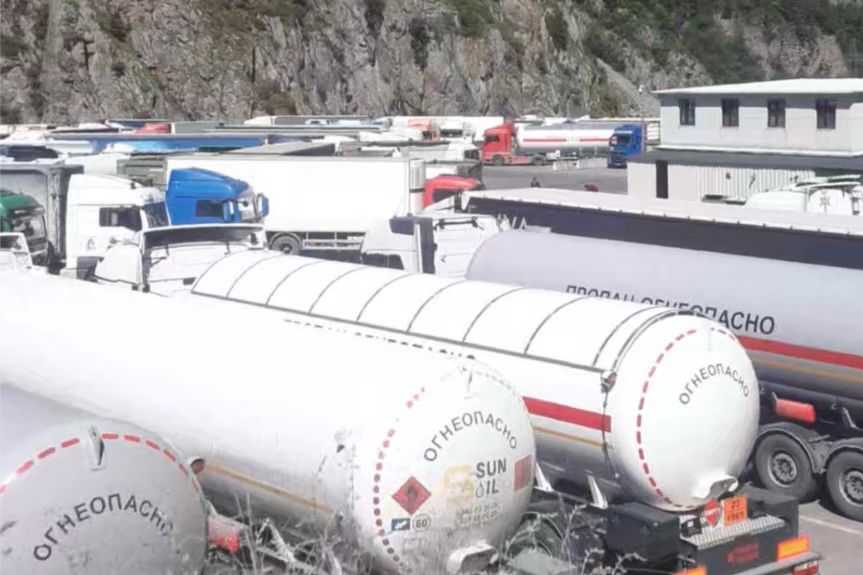

 Georgia’s parliament has adopted a bill on labour safety in its third and final reading after facing pressure from labour rights groups. All 88 MPs present voted in favour of the bill, in a plenary session on 7 March.
Georgia’s parliament has adopted a bill on labour safety in its third and final reading after facing pressure from labour rights groups. All 88 MPs present voted in favour of the bill, in a plenary session on 7 March.
Most of the law’s provisions are set to come into force as soon as the president signs the bill, with the remaining regulations coming into force after 1 January 2019.
The regulations scheduled to come into force later include an obligation for employers to provide accident insurance for employees, and to establish an office or appoint a specialist to oversee labour safety.
The law mandates companies ‘with high risk workplaces’ re-register in the registry of economic activities. The Committee on Healthcare and Social Issues, which gave the green light to the amended version of the bill in February, has defined 11 hazardous sectors of the economy in which companies will be required to register.
These are: transport, light industry, furniture manufacturing, glass production, heavy industry, the oil and gas industries, metallurgy, mining, construction, electricity, and chemical production.
The law envisions higher fines for employers for violating safety rules, but these will only apply to these 11 ‘hazardous’ sectors. Fines will range from ₾100–₾50,000 ($40–$20,000). The sanctions are categorised into three types, and will depend on the size of an enterprise. The list of hazardous sectors can be amended later, according to the parliament.
The law also requires companies to provide first aid kits, and ensure fire safety rules, which will ‘depend on the size of the enterprise and other factors’, are followed.
Parliament started considering the bill in June 2017 following the death of four miners in a coal shaft in Tkibuli. Data obtained by OC Media from the Ministry of Internal Affairs shows that in 2010–2017, 359 people were killed and 984 injured in workplace accidents.
Discussions of the bill were re-initiated in November 2017 but attracted backlash from labour rights groups who accused the government of delaying adoption of the law.
Despite demands from labour rights groups, the law does not reform the Labour Inspection Department under the Ministry of Labour. Labour inspectors will still only be able to issues recommendations, which are not legally binding.
[Read on OC Media: Welcome to ‘hell’: working on a Georgian railway construction site]







